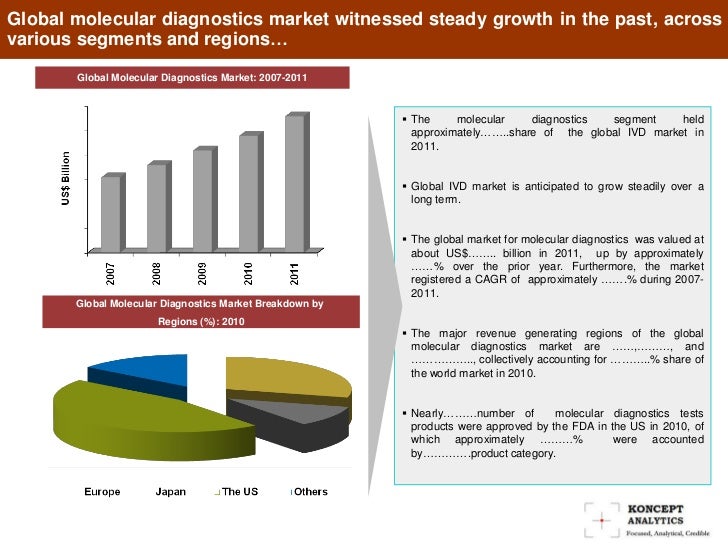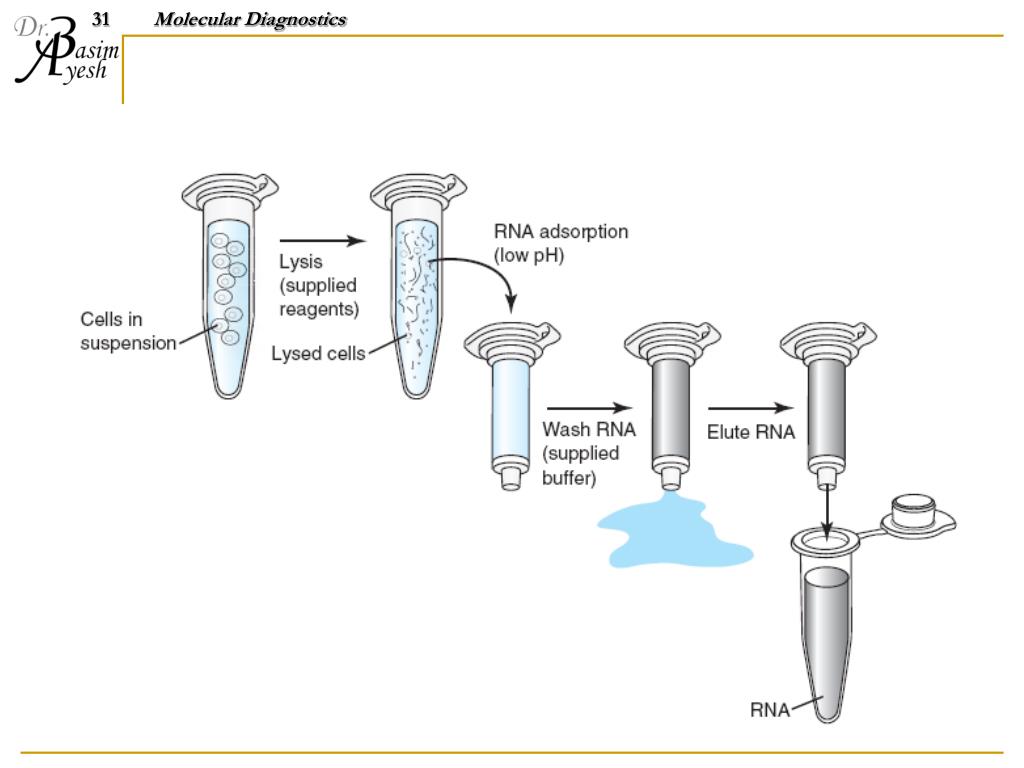
High-throughput Detection of Respiratory Pathogens in Animal Specimens by Nanoscale PCR.The application of molecular technology in clinical diagnosis is a rapidly developing area and is predicted to greatly improve the speed, efficiency and accuracy of diagnostic medicine.

Neonatal Immunization with a Single IL-4/Antigen Dose Induces Increased Antibody Responses after Challenge Infection with Equine Herpesvirus Type 1 (EHV-1) at Weanling Age. A Cryptosporidium PI(4)K inhibitor is a drug candidate for cryptosporidiosis. Journal of Veterinary Diagnostic Investigation 2017 in veterinary samples by combining selective enrichment and real-time PCR. Multiple Incursions and Recurrent Epidemic Fade-Out of H3N2 Canine Influenza A Virus in the United States. Frequent human-poultry interactions and low prevalence of Salmonella in backyard chicken flocks in Massachusetts. Several recent publications highlighting work that we have contributed to include: Please contact us to discuss the specific needs for your project. As an academic lab, we are eager to form collaborations with other researchers and provide support for a wide variety of projects. The Molecular Diagnostics Section is available to collaborate with you to develop new or improve existing test methods and reagents, investigate specific problems or provide customized testing to meet your needs. Research and development is part of the mission of the AHDC at Cornell. Please direct all molecular testing queries to or (607) 253-3900. In cooperation with our Bacteriology section, we perform Johne's direct fecal PCR testing for the New York State Cattle Health Assurance Program (NYSCHAP) and Salmonella Environmental Surveillance for animal facilities. We also participate in the FDA Vet-LIRN and GenomeTrakr networks to improve pet food safety and outbreak response capacity. These are not eligible for STAT testingĪs a level I NAHLN lab, we perform surveillance testing for avian influenza virus, avian paramyxovirus-1/Exotic Newcastle Disease, foot and mouth disease virus and classical swine fever virus. Please also refer to our list of STAT-eligible molecular tests, turnaround times, and instructions.įormalin-fixed samples may be submitted for most PCR tests and will incur a $20 surcharge. Specific information for each test is provided in our test catalog. Results for most infectious disease PCR tests are reported 1 or 2 business days after the sample is received. If you would like to know the Ct value for a clinical specimen, please contact us.

We no longer provide the raw Ct values routinely due to the differing ranges produced by our platforms and have replaced this with the interpretations above. These interpretations are based on the Ct value obtained by tests performed using real-time PCR. Inconclusive – This indicates that the presence or absence of the pathogen could not be determined due to inhibitors present in the sample. Low positive – Previously called "suspect," this indicates that the pathogen was detected but at a level that was so low that it may not be reproducible. Results for most routine clinical testing are provided in the following format (please see our Johne’s testing page for specific interpretations for the Johne's direct fecal PCR):

We offer tests for a wide variety of infectious disease agents and several genetic assays. The lab also undergoes proficiency testing conducted by the National Veterinary Services Laboratory and the US Food and Drug Administration. We operate within a Quality Assurance System that complies with the American Association of Veterinary Laboratory Diagnosticians.

The Molecular Diagnostics Laboratory is equipped with state-of-the-art equipment and facilities including high-throughput automated extraction and liquid handling systems and a variety of platforms for PCR and next-generation sequencing.


 0 kommentar(er)
0 kommentar(er)
